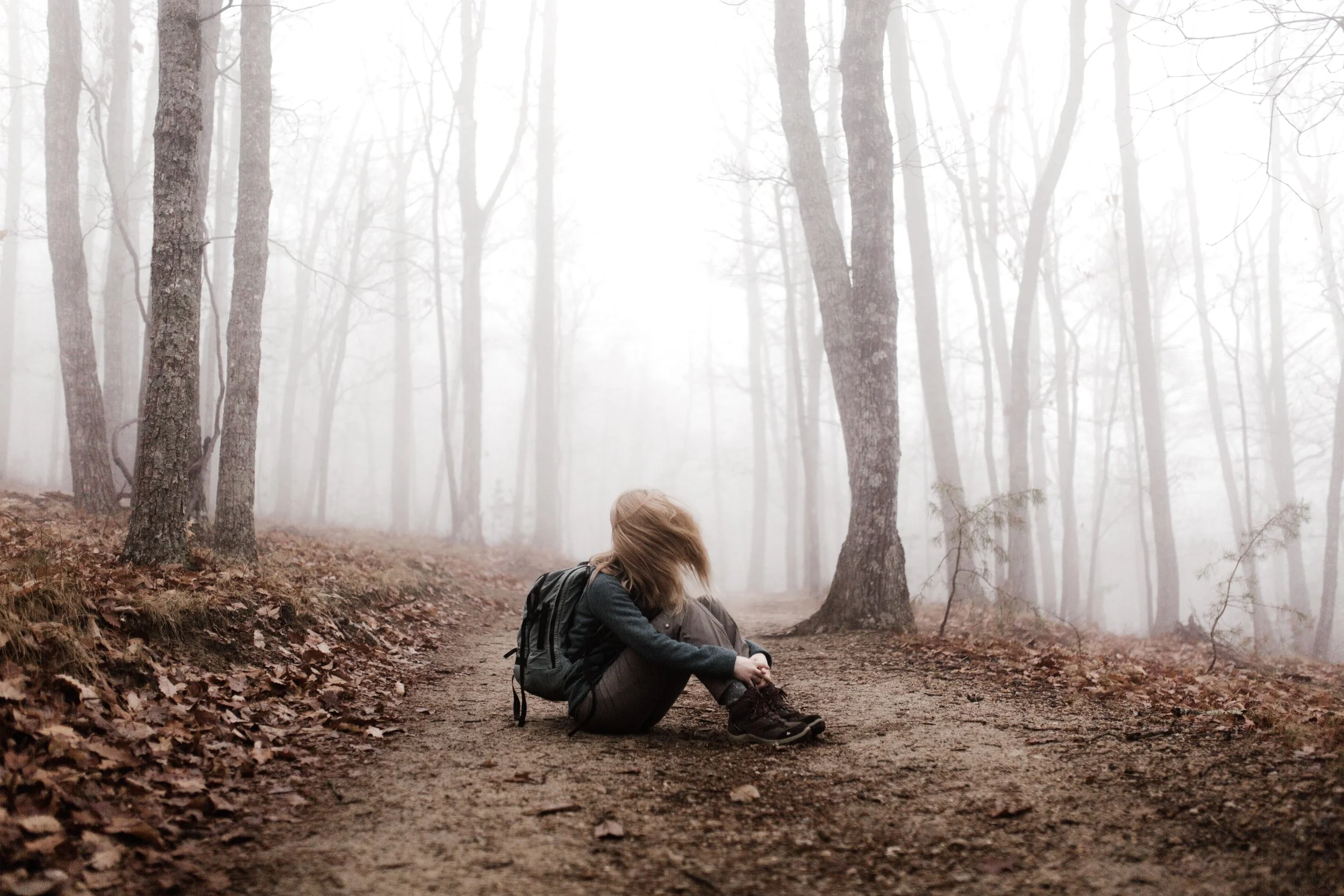How BPD is related to problems with identity
According to the DSM people with BPD suffer from "chronic feelings of emptiness."
But what does this actually mean?
It all sounds a bit metaphysical and for those who don't spend a lot of time reading theories or the latest research (hands up everyone!) it can be a bit confusing.
For clinicians it can also be hard to translate this idea into a client's presentation.
It must be even harder for carers and families to recognise it and for people with BPD more challenging still to see how it might manifest in themselves.
It's hard to imagine a parent saying "well, I can see you are having problems with your inner emptiness today - so I'll just leave you be" - or a young person with BPD saying "I'm feeling close to my internal void today - leave me alone - or help me" (or both !)
The idea of identity and problems with identity can help us understand the overall picture of BPD and what people are going through.
“Emptiness” tells me a lot about people's trauma and how BPD and other personality disorders develop - and manifest.
For a person with BPD, emptiness can often feel like a terrible underlying pressure or tension and a fundamental fear of being alone that sits with them throughout everyday life.
To be alone means being close to feelings that are frightening and that might be explained as something akin to losing themselves or falling apart.
It's hard for language to encompass or describe these traumatic feelings - perhaps its more a job for poets.
In these circumstances, without the input of another person, it can sometimes feel like we will cease to exist. "Latching" onto someone who could have the answer can seem like the only way out.
But what if that person can't or won't support us?
We might have expectations that are unreasonable even though we don't mean to be demanding.
Sometimes we just can't help it.
It can be a very precarious existence.
Depending on others to maintain our sense of self is tremendously taxing and dangerous. Although everyone needs others to help them, providing feedback and reflecting back our ideas and feelings, for people with BPD, the need for support and congruence will be far more compelling and intense - at times it can feel like our lives depend on it.
This inner emptiness needs to be filled with response and support from the outside world. When we don't get what we want or need from others we often feel deflated and empty, or filled with rage. That is why people with BPD can seem moody, unpredictable and volatile. From the outside it looks like frustrating and distressing changeability.
But on the inside it feels like terror, fear - and emptiness.
To make inroads into this, to restructure and provide access to the authentic self, is a long journey, but psychotherapy with an empathetic and non-judgemental therapist can help.
In treating BPD, psychotherapy helps people discover, value and strengthen their internal world - to fill the emptiness with true substance.
Download my free BPD guide
more about bPD in the recovery room:
Do you or someone you love have BPD? Here is what to look out for.
One minute you are having a friendly chat - the next you are the unwitting target of intense anger - what the hell is going on?
From the best of the best to the worst of the worst - what is really going on in BPD devaluation?
Loving someone with BPD can be challenging. Here are ten things you can do to help them - and yourself.
Just what is an invalidating environment and how can psychotherapy help you to transform its legacy?
The criteria for a formal diagnosis of BPD.
Feeling alone and lost? How to cope with your fears of abandonment and have better relationships.
Is there a cure for Borderline Personality Disorder (BPD)?
In this post I look for answers.
Its a stressful time for families when a member has been diagnosed with BPD, but there is help and hope.
Where does Complex PTSD come from? In this post I provide some answers.
Chronic feelings of emptiness - one of the traits listed in the DSM which might lead to a diagnosis of BPD. How does this look in real life?
With the help of psychotherapy, recovery is within reach.
It can be a scary time, being diagnosed with BPD. I provide BPD therapy in Melbourne to help young people recover and heal.
Is the struggle for identity what lies at the heart of BPD? I look for answers that can help you and your family.
This is the story of how and why I came to this profession.
A young woman discusses her experience of living with BPD.





























